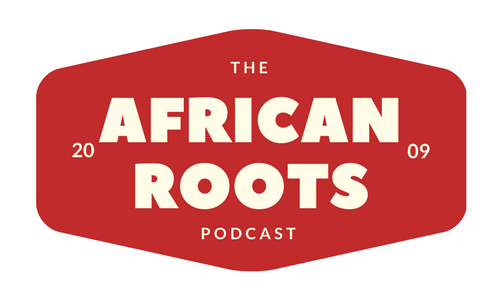
Welcome back to this episode of the African Roots Podcast and I am here with Shelley Murphy and we are digging the Roots! Recently Shelley Murphy and I had a chance to sit down and have a great discussion about the one thing that genealogists use all the time: Let’s talk about the records!

We both attended an event in Charlottesville and someone commented that they basically just stick to the census. Listen to Shelley and I as we discuss the basic records, our “favorite” records, and the rest of the records!
Here are some of the bullet points that stemmed from that conversation:
*Census records, both federal and state should be explored.*Determine if the family was in the same area where they were enslaved?
*Did they use a Field Office of a Freedman’s Bureau? There is a good record set from 1865 to 1872 to use. (Mapping the Freedmen’s Bureau could assist in finding that office.)
*If one can get to 1870,—then of course to start by analyzing that census—who lived near them. Who were the neighbors, and basically—the entire county!
*Who was of age to have served in the Union Army? Critical records are found with pension files and service records.
Strategies:
*Remember that every record creates additional records.
*Create a critical time line!
*Explore Essential records for Free People: Certificate of Freedom (This is critical for Virginia ancestors) and also manumission records
Freedom/Emancipation Era Records:
Labor contracts, transportation records, school records, hospital records and so much more. Freedmen’s Court
Records in the 1880-1900 gap—Marriage records, tax records,
Final Tips:
-Become flexible
-Encompass all kinds of records in one’s research.
-Revisit the old sites: Google, Family Search
-Get a research buddy
-Take only a genealogist with you on a research trip!
In the meantime, remember to keep researching, keep documenting and to keep sharing what you find!

